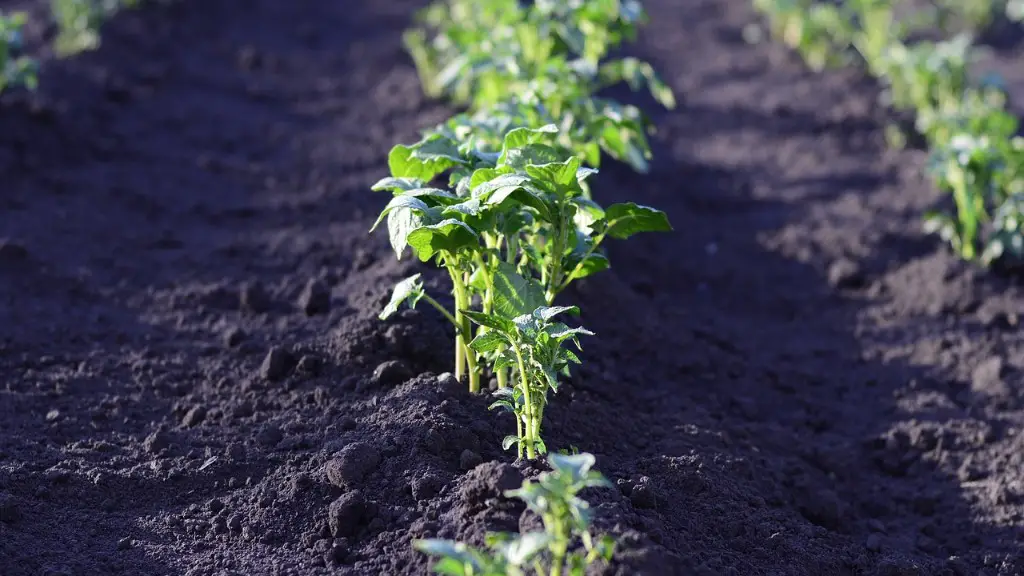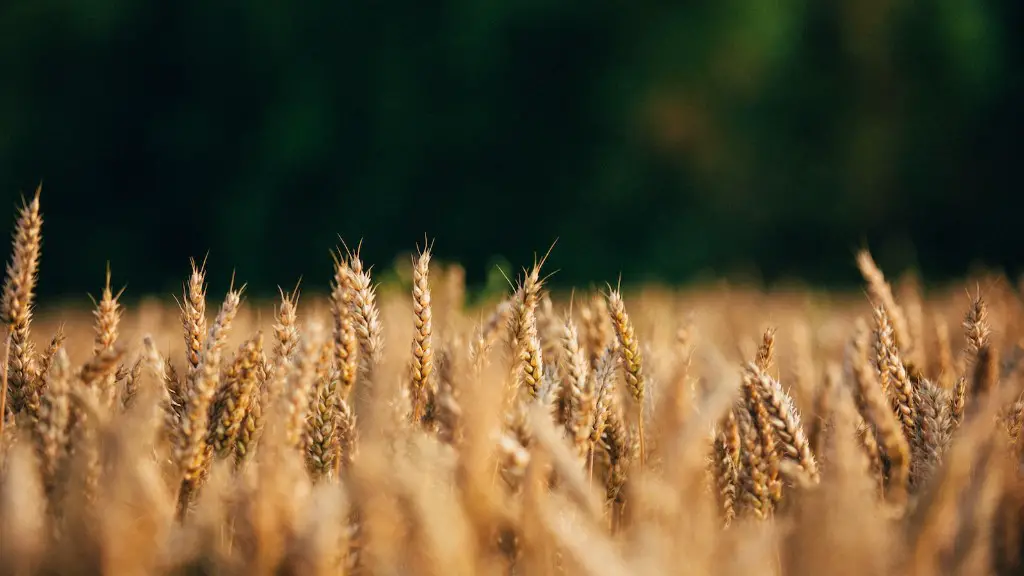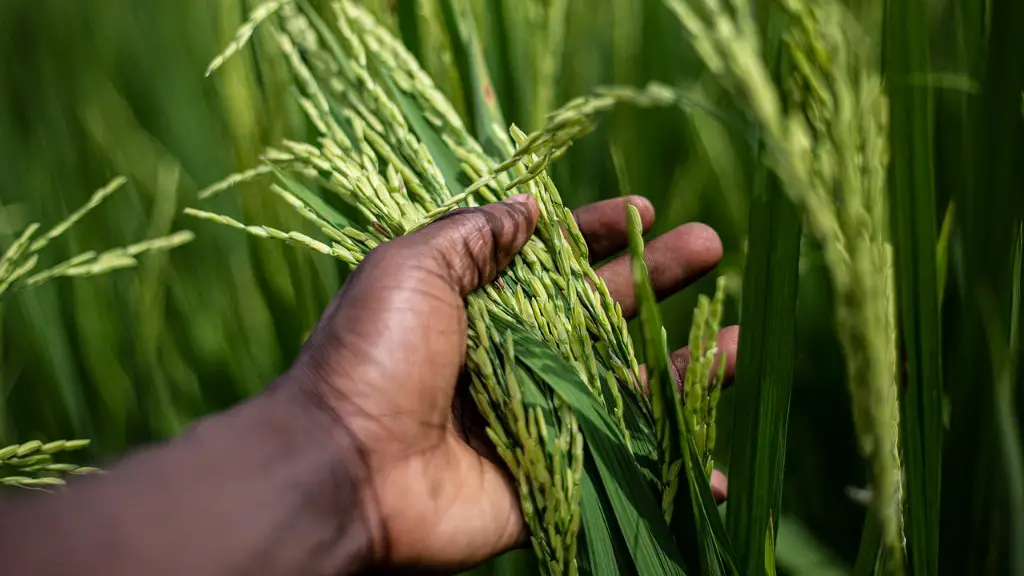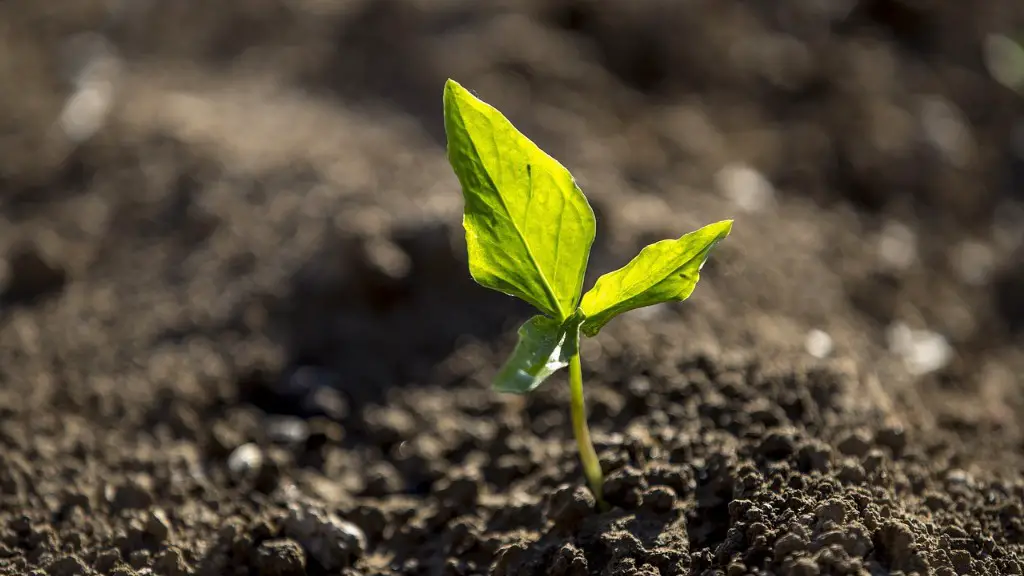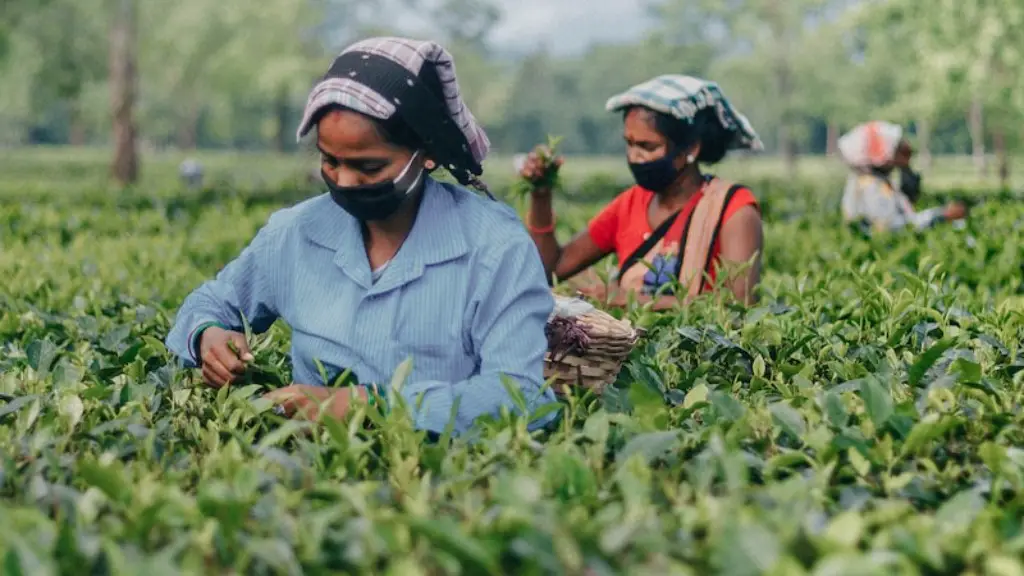Sustainable agriculture is a type of farming that focuses on producing long-term crops and livestock while protecting the environment. Sustainable agriculture involves using techniques that do not deplete the soil or harm the surrounding ecosystem. This type of agriculture is often less intensive and more diversified than traditional farming methods.
Sustainable agriculture is the practice of farming in a way that protects the environment and preserves natural resources. It is also known as ecological agriculture or regenerative agriculture.
What is the meaning of sustainable agriculture?
Sustainable agriculture as defined by the United States Code means an agricultural production system that will satisfy human food and fiber needs over the long term while protecting and improving the resource base on which the system depends.
Sustainable agricultural practices are those that protect the environment, expand the Earth’s natural resource base, and maintain and improve soil fertility. They are intended to be used over the long term, and to benefit both the farmer and the environment.
What is an example of sustainable agriculture
Cover crops and perennials are an important part of maintaining soil health. They help prevent erosion, replenish soil nutrients, and keep weeds in check. This reduces the need for fertilizers and herbicides, and helps keep our environment healthy.
Sustainable farming is a term that is used to describe agricultural practices that are used to maintain the long-term health of the environment. This type of farming includes the use of sustainable resources, the management of soil and water resources, and the use of crop rotations to maintain soil health.
What are the 3 main components of sustainable agriculture?
In order to be sustainable, our agriculture, food, and natural resource systems must address three areas: economics, environment, and community. A sustainable agriculture must provide a fair and reasonably secure living for farm families and minimize harm to the natural environment.
Sustainable agriculture is the practice of farming in a way that protects the environment and maintains the long-term health of the land. There are many different sustainable agriculture methods and farming practices, including permaculture, biodynamic farming, hydroponics and aquaponics, urban agriculture, and agroforestry. Each of these practices has different benefits and drawbacks, but all are based on the principles of sustainable agriculture.
What are the four ideas of sustainable agriculture?
Sustainable agriculture is a type of farming that focuses on producing food in a way that is environmentally friendly and does not damage the natural resources that are necessary for food production. This means using methods that do not pollute the air, water, or soil, and that do not harm the natural habitat or wildlife. It also means using methods that are efficient and do not waste resources. Sustainable agriculture is an important part of food security and mitigating the effects of climate change.
There is a need to protect and enhance the environment and natural resources to ensure the continued production of high-quality and safe food. Farming operations need to be economically viable to contribute to the well-being of the community. Farmers need to be sufficiently rewarded for their efforts to enable them to continue production.
What are the main concepts of sustainable agriculture
Sustainability is a key concept that encompasses three key elements: economy, environment and society. An example of a sustainable agricultural system would be a profitable system with little or no impact on the environment and one which has a social licence.
Sustainable agriculture is a type of agriculture that is practiced in a way that is environmentally friendly, humane to animals, and does not deplete the soil. Sustainable agriculture has many benefits, including reducing costs, preventing pollution, saving energy, preventing soil erosion, being animal-friendly, promoting biodiversity, and improving food production with less waste and public health.
How can we achieve sustainable agriculture?
Sustainable agriculture is a system of producing food and other agricultural products in a way that is environmentally responsible, economically viable, and socially just. The key principles that are linked to sustainable agriculture include developing efficient, self-sufficient, and economical production systems that provide decent incomes; preserving and protecting biodiversity and territories; optimizing the use of natural resources; and managing the quality of air, water, and soil.
It is important to reduce the use of chemical fertilizers and pesticides in order to protect soil and water sources. Agtech can help increase yield in a less damaging way, by combining traditional knowledge with modern technology.
What are the challenges of sustainable agriculture
The future of sustainable farming practices in India is threatened by five major challenges: Drop in yields in initial years, increased drudgery, availability and access to necessary materials, overall food sufficiency, and political economy.
Crop rotation, intercropping, and growing cover crops are all great ways to promote healthy soil and reduce soil erosion. In addition, managing irrigation to reduce runoff can also help reduce soil erosion.
What are the two elements of sustainable agriculture?
The main components of both sustainable farming and conventional farming are exactly the same: soil management, crop management, water management, disease/pest management and waste management. The key difference between the two is that sustainable farming practices seek to protect and enhance the natural resources that are essential to farming, while conventional farming practices often degrade these resources.
The disadvantages of sustainable farming include the limited use of land, which makes it unsuitable for mass production, and the labor-intensive nature of the process. Additionally, the revived fertility of the soil takes a long time to come into effect, and the resulting produce has a shorter shelf life.
Final Words
Sustainable agriculture is an approach to food production that seeks to protect the environment, safeguard public health, and improve the lives of farmers and workers. The main goals of sustainable agriculture are to:
1) Protect and restore the natural resources that sustain farming, including soil, water, and biodiversity;
2) Support the economic viability of farm businesses and the rural communities they are a part of;
3) Produce safe and nutritious food for consumers.
Sustainable agriculture is an approach to food production that minimizes the negative environmental impact of farming while maximizing the positive social and economic benefits to farmers and their communities.

